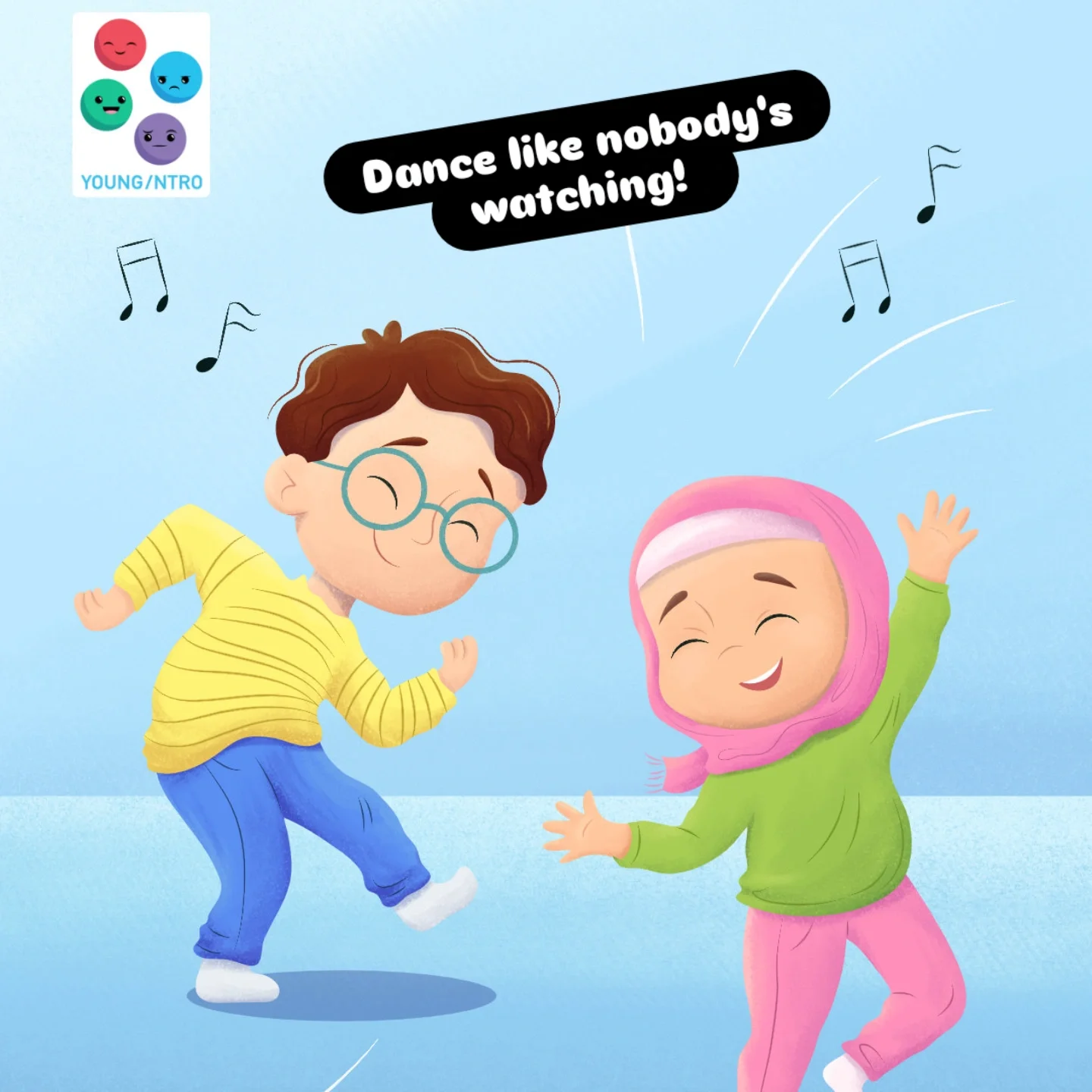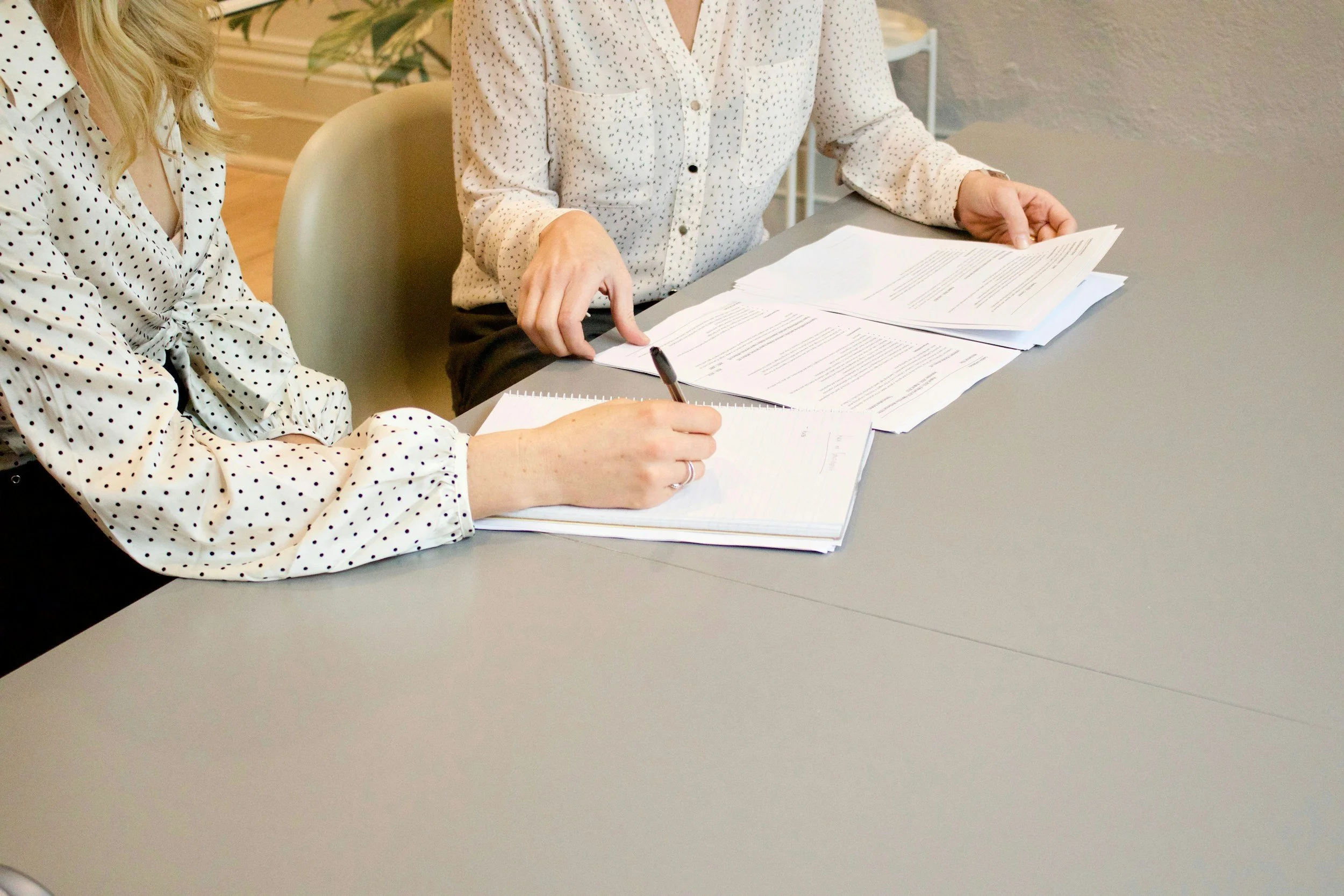
What can we – you and I – do to include others?
Contribute to mental health and quality of life for youth and children through participation and inclusion.
Can you for instance:
Invite your neighbour over for a cup of coffee?
Or ask her if she would like to go for a walk in the great outdoors?
Ask your classmate if he would like to play football?
Or ask the girl nextdoor if she would like to join your dance class?
This will make a difference in someone’s life :D
Blogg
Silje Bratberg
Founder and owner of Young Intro
Founder and owner of Young !ntro, Silje Bratberg, holds a Bachelor’s degree in International Relations from England, and A Master’s degree in International development from Australia. She has studied Human rights, multicultural understanding and conflict resolution at the University College of South-East Norway in Drammen. She has volunteered in Africa, and has studied outdoor education at Nord universitet in Bodø, Northern Norway.
ZIG-ZAG
ZIG-ZAG
In this video clip we are playing “Zig-Zag”. The purpose with this activity is to establish contact and relations in a group. Participation promotes inclusion, trust-building and cooperation. It also creates a group dynamic in a setting where people do not know each other. And also, to have a good time.
«We have had fun!»
What is Young !ntro?
The objective of Young !ntro is to help children and youth to gain greater insight about their own strengths and interests, skills and developmental potential.
Young !ntro was established in 2015 with the intention of assisting unaccompanied minors to gain insight about thei!r skills, interests, competencies and developmental potential. Through social activities, creativity and facilitation we promote social inclusion. Our vision is to create a programme for mental health support for youth and children, in their own communities, through participation and inclusion.
In 2017 Young Intro received a public grant of 150.000 NOK from the Directorate of Labour and Welfare (NAV) to arrange activities for unaccompanied minors in asylum centers. This gave us the opportunity to test our idea with picture cards for talent identification.
In 2025 we have been running a pilot project in kindergartens, with staff members using our cards in group faciliation and conversations with individual children. Feedback thus far has included:
The cards help children express their thoughts and emotions, including their concerns and challenges.
Shy and quiet children talk more honestly and open-hearted after having used the cards over a period.
The cards help build relations and friendships through play and inclusion, while adults are present and act as facilitators.
Our cards differentiate from other solutions in the market by having words on the back of each cards. The words provide talking points to stimulate conversation. E.g. “caring” - family, father/mother, brother/sister, help, friend. “Freeplay” - imagine, play, role, fun, together.
«I think that teacher is a holy job and a holy person. A teacher can teach people, and the society improves. The world gets better and better. Teaching is a good occupation. People who do bad acts in the world, have very bad thoughts.”
— Boy from Afghanistan, unaccompanied minor aged 16 and 18 years (2017)
“Young Talking” for play and conversation
How can we facilitate that youth and children more easily can talk about their thoughts and emotions?
In the first half of 2025 we have run a pilotproject in collaboration with kindergartens in Norway. Staff members have tested our cards through facilitating group activities and conversations. The cards build selfawareness about skills, interests, competencies and developmental potential. We focus on the individual child, as well as building relations in groups.
Due to young age pre-school children express themselves through body language, facial expressions and use of voice. Our findings prove that “Young Talking” develop language skills as well as social skills and the ability to express oneself. Children learn the value of listening to each other, giving each other time and space. In groups they discuss values that are important in relations to friends, their families and overall in society.
“Young Talking” function as a practical tool for parents and staff members in the process of development in the early learning years. We are planning to launch a minimum viable solution (MVP) of “Young Talking” this coming autumn. Accompanying the cards, we are developing a user manual - a playbook. The playbook will include illustrations, created by our talented designer Emelie Wiklund.
Based upon feedback from paying customers we will continue to develop our solution, ensuring that it offers a functional and easy-to-use solution - for the benefit of both children and adults.
We are excited about launching “Young Talking” during the autumn of 2025!

All of our work is dialogue-based and promotes participation and inclusion. Group facilitaion with “Young Talking” enhances cooperation, communication, tolerance and compassion.
Background for the foundation of Young !ntro
– I started to develop my own ideas based upon my experience with refugee work, my studies and volunteer work both in Norway and overseas.
Initially, I started with my perception that the skills and competencies of refugees are not acknowledged in the public debate about “integration and inclusion”. I felt emotionally drained by having to compromise with my own principles, as a social scientist. One aspect being, that there is a lack of focus on mental health and social support for refugees in our own country. I hold a Master’s degree in International Development, having studied public health, public administration, gender, regional development and development theory.
Some people seem to think that life begins upon arrival in Norway, but people have had a lot of life experience prior to fleeing. Becoming a refugee is not a voluntary act - people have had to flee from persecution, war and conflict in their own countries.
Concerning refugees who are minors: We need to identify that they are youth and children who have suffered traumatic experiences. But, as other children, they also have interests, skills and personality traits, that gives them identity and a sense of belonging. Children and youth really just want to live a stable and safe life.
Through Young !ntro I wish to promote social inclusion of refugees, as well as tolerance and understanding. I believe that our focus should be how we can promote a more inclusive society in Norway. The need to contribute and being useful is an essential part of being human, and is unifiying in itself.
– Silje Bratberg
«I enjoy helping and caring for others, especially elderly people who do not have family to look after them. I used to help out in caring for my grandmother. I loved her very mucy. I helped her finding her clothes, and to help her wash before saying her prayers. I found her prayer rug. It would be very nice if I could help others, other people in the whole world.»
— Boy from Afghanistan, unaccompanied minor in asylum center, aged 16 to 18 år (2017)









